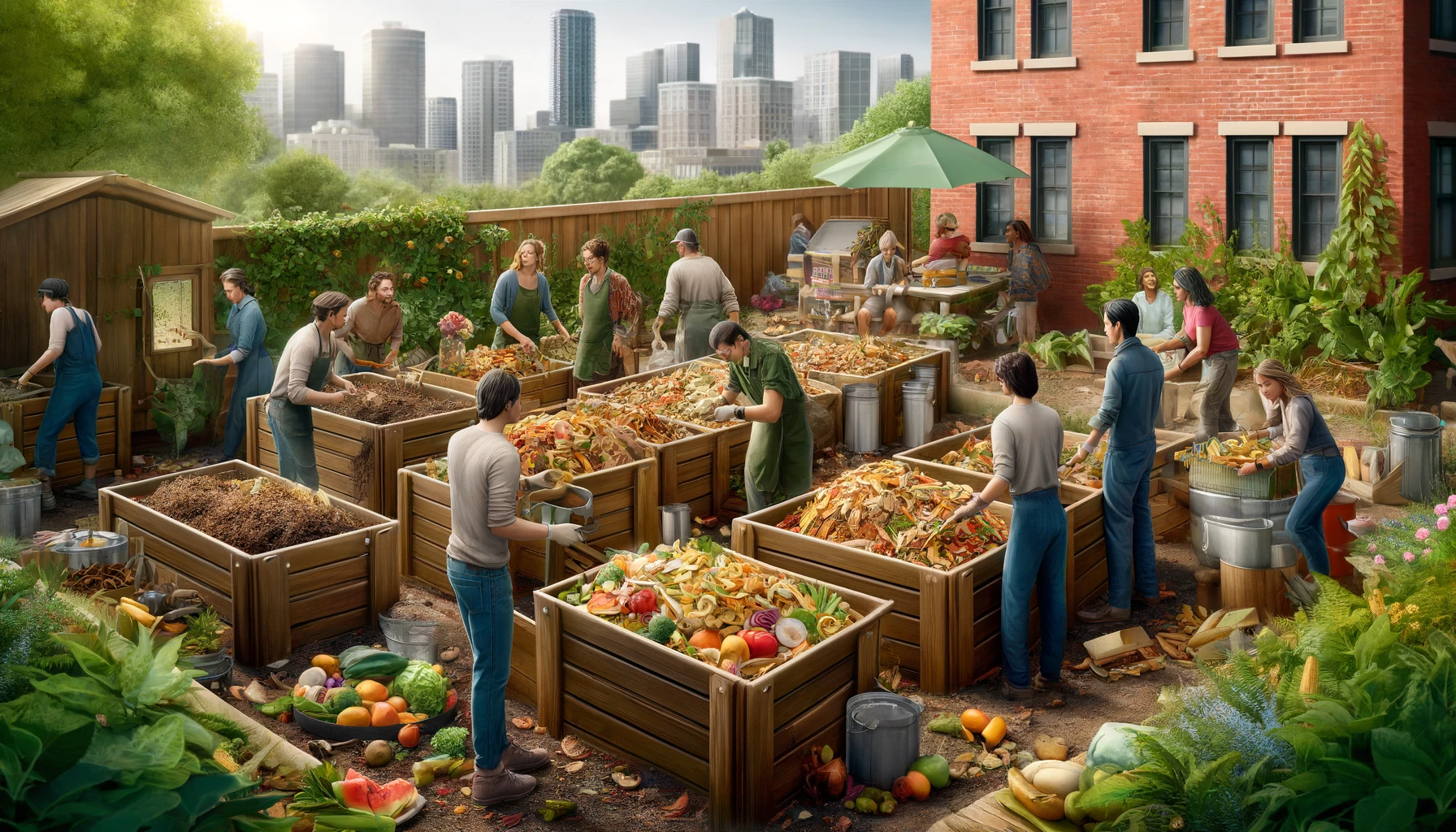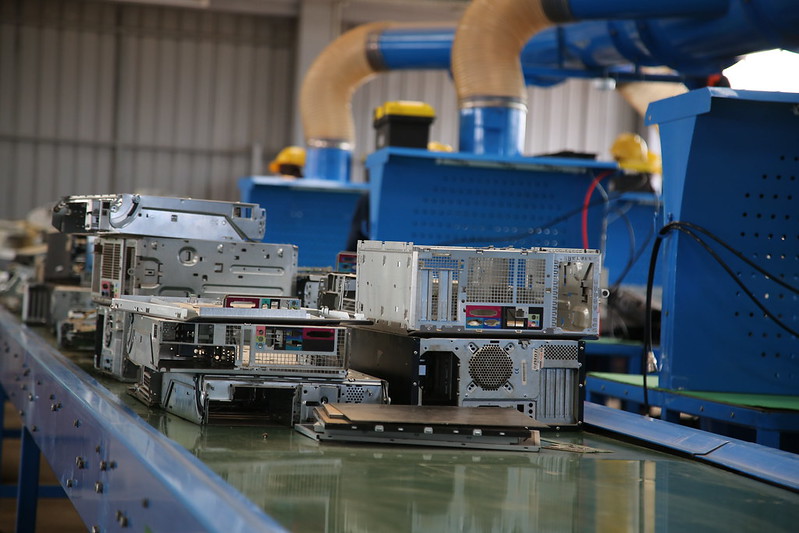Amidst London’s bustling streets, a quiet revolution is taking root that’s transforming kitchen scraps into rich, life-giving soil. It’s the urban composting movement, and it’s changing the way we think about waste. Here’s my journey into the world of composting in the heart of our city.
The Spark of Interest
My curiosity about composting began on a visit to Hackney City Farm, a little oasis of sustainability in the urban jungle. I was struck by the simplicity and effectiveness of turning everyday waste into a resource that supports more green spaces in London. This visit sparked a deep interest in me starting my own composting practice and understanding its impact on our environment.
Setting Up My Urban Compost
Starting was easier than I thought. I live in a flat in Islington with no garden, but I discovered that composting doesn’t require a lot of space. I opted for a small, sealed compost bin that fits neatly on my balcony. Seeing how my daily coffee grounds, vegetable peels, and eggshells could contribute to something so beneficial was fascinating.
The process involved balancing ‘greens’ like vegetable scraps, which add moisture and nitrogen, with ‘browns’ like dried leaves and paper, which add carbon. This balance speeds up decomposition and prevents the compost from smelling—essential in a flat!
Learning and Overcoming Challenges
Composting in an urban setting comes with its challenges. At first, I struggled with the right mix of materials. Too many greens made the compost too wet, leading to a slight odour. I learned to add more browns to restore balance, and soon, the compost started to transform into a dark, crumbly soil with no foul smell.
I also joined a local community garden in Finsbury Park, where experienced composters shared their tips and showed me how to use compost to enrich the soil, producing more vibrant plants and vegetables.
Impact on the Community
The impact of composting extends beyond individual benefits. In London, where garden space is a luxury, community gardens play a vital role. These green spaces rely on donations of compost from local residents to grow food and flowers that everyone in the community can enjoy.
The urban composting movement in London is also a powerful educational tool. Schools across the city, from Southwark to Brent, have begun incorporating composting into their curriculum. Children learn early about sustainability and the importance of reducing waste, which fosters a new generation of environmentally conscious citizens.
My Love, My London
Through my journey, I’ve seen firsthand how urban composting is not just about waste reduction. It’s about creating a sustainable cycle that enriches our soil, beautifies our city, and strengthens our community.
If you’re a Londoner considering starting your own compost, I encourage you to try it. Whether you have a garden, a small balcony, or even just a tiny kitchen corner, there are composting options to suit your space. By joining the urban composting movement, you too can turn your everyday scraps into valuable soil that can help London grow.
I invite you to share your experiences or start a conversation about how we can expand this movement even further. How have you incorporated composting into your urban lifestyle? What tips and tricks have you discovered? Let’s grow this green revolution together, from our scraps to our soil.


